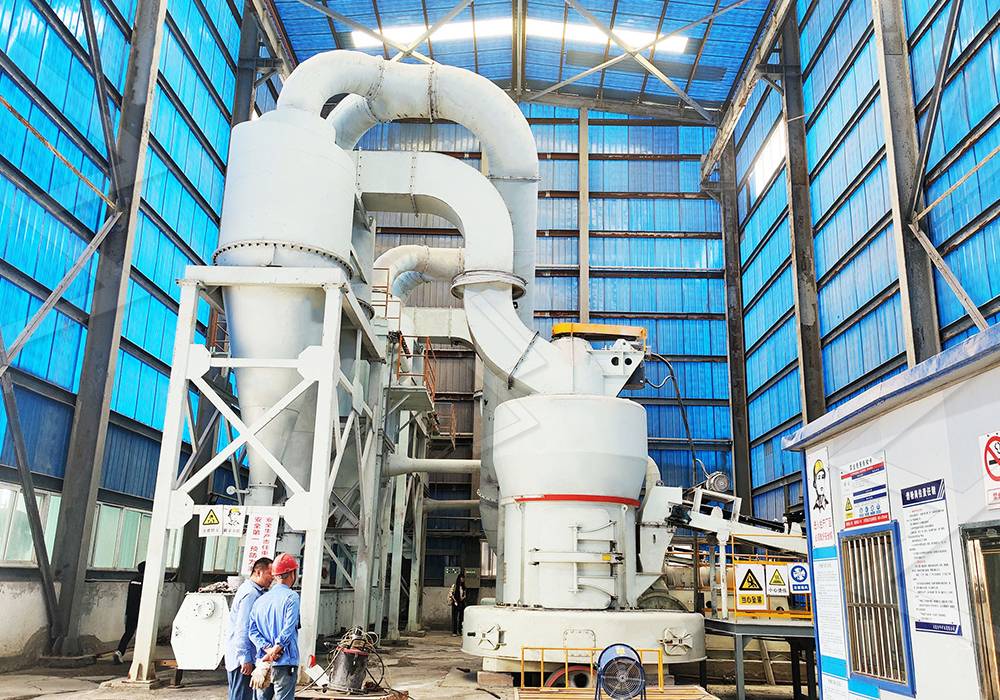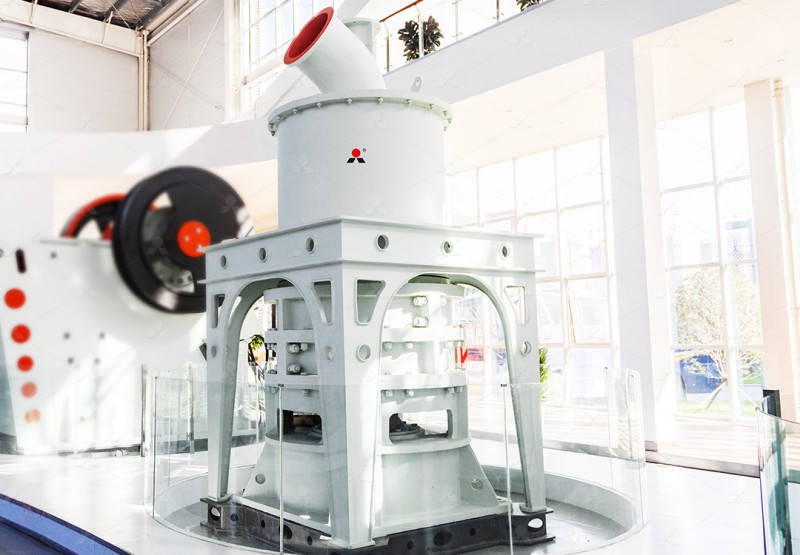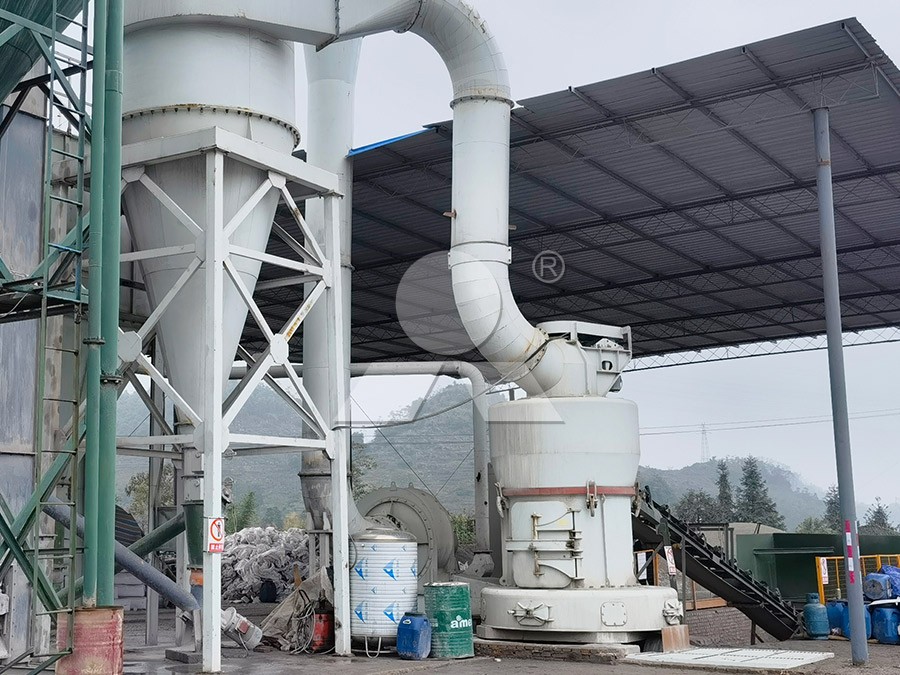Quality Control Measures for Stable Marble Powder Production in Industrial Grinding
Quality Control Measures for Stable Marble Powder Production in Industrial Grinding
Producing high-quality marble powder with consistent particle size distribution and chemical purity is a critical challenge in industrial mineral processing. Variations in raw material hardness, moisture content, and equipment performance can significantly impact the final product quality. Implementing robust quality control measures throughout the grinding process is essential for manufacturers seeking to maintain competitive advantage and meet stringent industry specifications.
Raw Material Assessment and Pre-Processing
The foundation of quality marble powder begins with careful raw material selection. Incoming marble blocks should be tested for hardness, chemical composition, and moisture content before processing. Consistent feedstock properties minimize fluctuations in grinding efficiency and final product characteristics. Pre-crushing to a uniform size (typically 0-20mm) ensures optimal feeding rates and prevents mill overload situations that can lead to inconsistent grinding.

Advanced Grinding Technology for Superior Consistency
Modern grinding technology has revolutionized marble powder production, enabling manufacturers to achieve unprecedented levels of consistency and purity. Traditional ball mills often struggle with inconsistent particle size distribution and iron contamination from grinding media. Advanced vertical grinding mills address these challenges through innovative design features that enhance product quality while reducing operational costs.
For ultra-fine marble powder production (325-2500 meshes), we particularly recommend our MW Ultrafine Grinding Mill. This system features a German-designed cage-type powder selector that precisely controls particle size distribution, achieving screening rates of d97≤5μm in a single pass. The absence of rolling bearings and screws in the grinding chamber eliminates potential contamination sources, while the external lubrication system allows for continuous 24/7 operation without shutdowns for maintenance.

Real-Time Monitoring and Process Control
Implementing automated monitoring systems is crucial for maintaining consistent product quality. Key parameters including motor current, grinding pressure, classifier speed, and temperature should be continuously tracked. Advanced systems incorporate PLC controls that automatically adjust operational parameters in response to feed material variations, maintaining optimal grinding conditions without manual intervention.
For larger production requirements (5-18 tph) where exceptional product whiteness and cleanliness are paramount, our LUM Ultrafine Vertical Grinding Mill offers superior performance. Its unique roller shell and lining plate grinding curve generates a stable material layer that ensures uniform grinding action. The double position-limiting technology prevents destructive roller-to-table contact, maintaining operational stability even during power fluctuations or feed variations.
Dust Control and Environmental Considerations
Maintaining a clean production environment is essential for product purity. Efficient pulse dust collection systems prevent cross-contamination between production batches and protect final product quality. Modern mills incorporate integrated dust collection and noise reduction technologies that not only protect the environment but also prevent product loss and contamination.

Quality Verification and Certification
Regular sampling and laboratory analysis provide the final quality verification layer. Automated sampling systems should extract representative samples at multiple process stages for particle size analysis, chemical composition testing, and whiteness measurement. Statistical process control methods help identify trends before they exceed specification limits, enabling proactive adjustments to maintain product consistency.
By integrating these quality control measures with advanced grinding technology like our MW and LUM series mills, manufacturers can achieve remarkable consistency in marble powder production. The combination of precise engineering, automated controls, and comprehensive monitoring ensures that every batch meets the stringent requirements of applications in plastics, paints, cosmetics, and construction materials.
